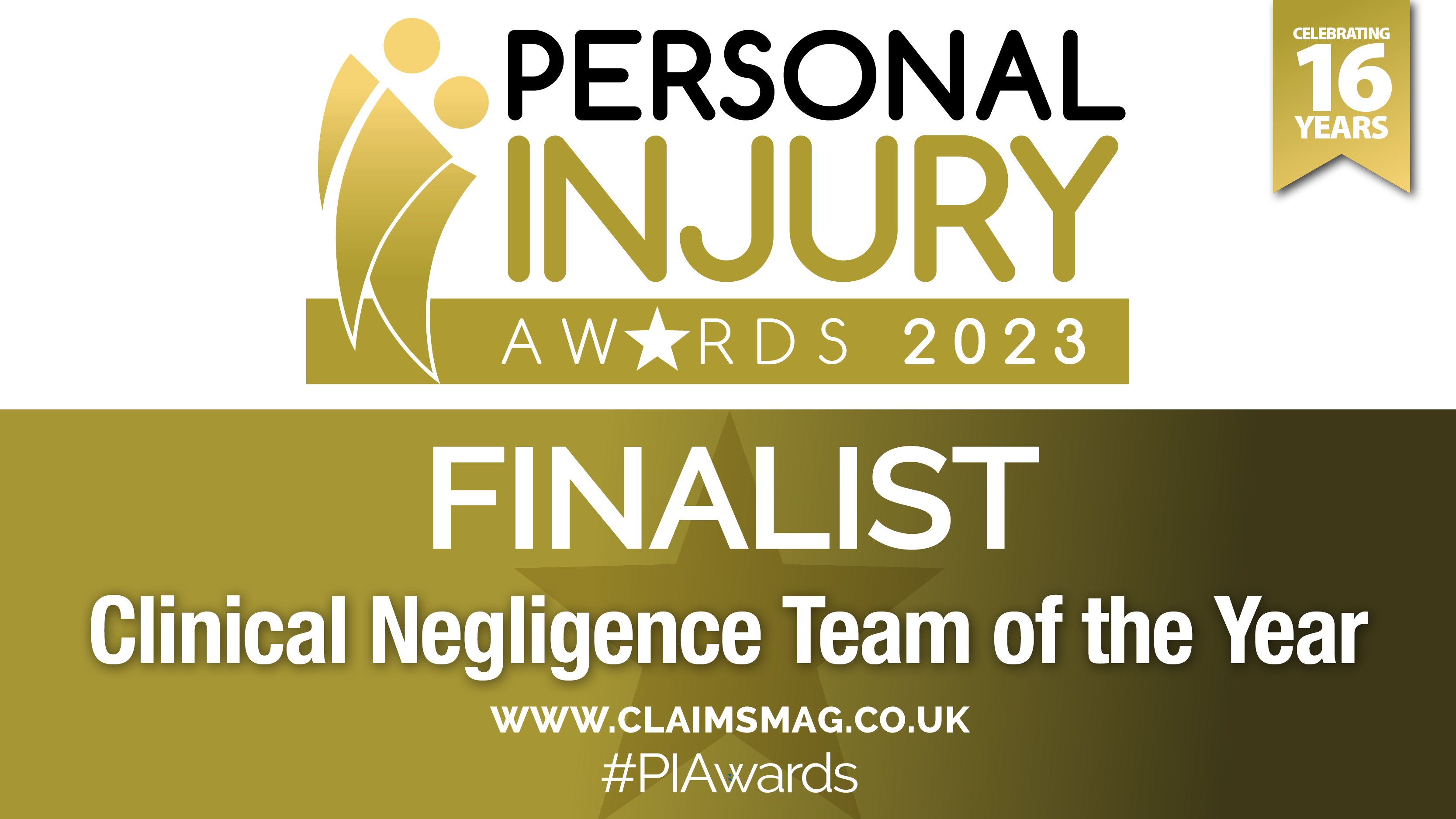Personal
Group B Streptococcus Guide
SOLVING PERSONAL LEGAL MATTERS

Group B Streptococcus, also sometimes known as Group B Strep, is a type of bacteria that many people, both men and women, often carry without realising that they have it. However, in some circumstances, this bacteria can result in serious health consequences. This guide looks at how Group B Streptococcus can affect pregnant women and babies.
Group B Streptococcus: What is it?
What is Group B Streptococcus?
Group B Streptococcus is a type of bacteria known as streptococcal bacteria that is common in men and women but is usually harmless. It is usually found in the rectum or vagina and around one or two women in every five are thought to carry it, usually without knowing.
Who is Group B Streptococcus dangerous for?
Despite being mainly harmless to healthy adults, Group B Streptococcus can cause potentially dangerous infections in some people, including:
- Pregnant women, if it spreads to the baby
- New-born babies, if they contract the bacteria during birth
- Elderly people or those with some existing medical conditions
The most common of these issues is if Group B Streptococcus spreads to a baby from the mother during its birth.
The dangers of Group B Streptococcus in pregnancy
As around 20-40% of women carry the Group B Streptococcus bacteria, it is very common that pregnant women also do, but this rarely causes any issues during pregnancy or birth. It's not usually tested for in pregnant women, but sometimes other routine tests will find Group B Strep present in the mother.
It is extremely rare for the bacteria to cause problems during the pregnancy itself, but there is a very small risk of a Group B Streptococcus miscarriage or baby loss. It's recommended that anyone worried about Group B Streptococcus during their pregnancy should speak to their GP or midwife.
If you do find out that you have the bacteria during your pregnancy, it's important to remember that Group B Streptococcus baby transmission is rare, and to discuss potential extra treatment or care that you might need with your midwife. This would usually take the form of additional monitoring during and after labour to ensure that the baby shows no signs of infection.
If the baby does show an infection, this is usually treated with IV antibiotics.
Group B Streptococcus: How do you get it?
As with many kinds of bacteria, Group B Strep can be passed from person to person through skin-to-skin contact. One of the main Group B Streptococcus causes for spreading is sexual contact, although it doesn't have to be; any close physical content can cause the bacteria to spread. It is not considered a sexually transmitted disease (STD).
As already mentioned, it is possible for a pregnant woman with Group B Strep to sometimes pass this onto their baby.
Group B Streptococcus: Signs and symptoms
The signs and symptoms of Group B Streptococcus are usually non-existent in healthy adults, which is why most carriers of the bacteria are not aware that they have it.
In babies, the bacteria can sometimes cause infection. It can be detected either by a urine sample or vaginal swab, although routine vaginal swabs are not recommended in the UK . It will usually show up in the first few hours after birth (early onset) or sometimes can be several weeks later (late onset). The signs and symptoms of Group B Strep in babies can include:
- An unusually slow or fast heart rate
- Floppiness or being unresponsive
- Laboured breathing or grunting when breathing
- An unusually high or low temperature
- Not feeding as normal
- Skin colour changes or blotchiness
Most babies that get an infection due to Group B Strep will make a full recovery with timely diagnosis and treatment with antibiotics, although in rare cases, it can be fatal, or lead to serious issues like meningitis or sepsis, which can cause further problems. Unfortunately, sometimes babies develop life-changing conditions after a Group B Streptococcus infection, which can include hearing loss, vision loss, cerebral palsy, a brain injury or serious learning difficulties.
If the medical professionals in charge of your baby's care have been negligent and a Group B Strep infection that could have been prevented has caused suffering, you might be eligible for compensation. Get in touch with our specialist team to find out more.
Contact Us
Get in touch to see how our experts could help you.
Contacting Us
Monday to Friday:
09:00 to 17:00
Saturday and Sunday:
Closed
Our dedicated Clinical Negligence team

Contact Us
If you have a general enquiry then please fill in your details and someone will contact you.
Contacting Us
Monday to Friday: 09:00 to 17:00
Saturday and Sunday: Closed












